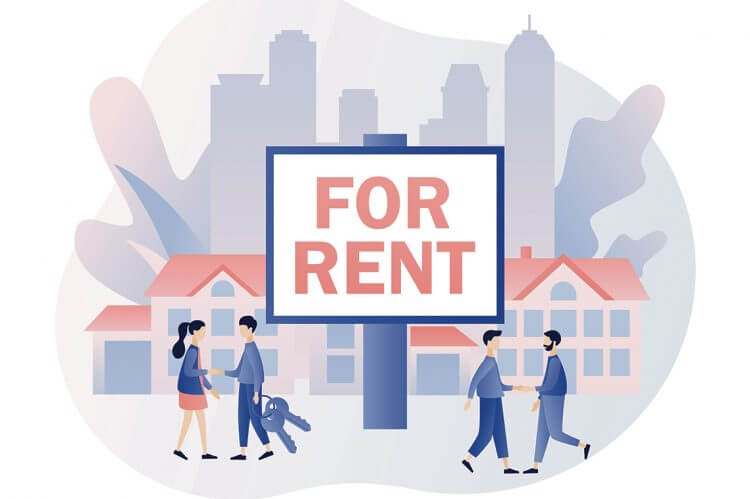Berkeley lawsuit sets a troubling precedent for investors who want to rebuild and exempt rental units from Costa-Hawkins

Although efforts to repeal or amend the law have failed, it has been increasingly subject to interpretation in the courts.
All eyes have been on the First District Court of Appeal after weighing the arguments made in NCR Properties, Inc. v. the City of Berkeley. The justices have spoken, and their ruling doesn't bode well for owners looking to invest in unlivable buildings and then exempt units from rent control.
After purchasing two derelict single-family homes that were red-tagged, the landlords rehabilitated them, converted them into triplexes, and rented them out. A dispute arose as to whether the tenants were protected by the Rent Ordinance. The landlords contended that the units were exempt from the city's rent control under Costa-Hawkins and the Rent Board took exception with four of the six units.
The board's reasoning? A forensic history of the homes showed that before the homes were purchased and later rehabbed, the properties had been managed as rooming houses. Although the dilapidated homes got a makeover, some units were carved from space that had been rented out before the new certificates of occupancy were issued, and hence, only an attic unit and a basement unit were considered “new construction” and exempt from local rent control.
The court agreed, relying on the tutelage of Burien, LLC, v. Wiley.
In that case, the landlord converted a rent-controlled apartment building into condos, secured a new certificate of occupancy in 2009 because of the change in use, and subsequently raised the rent from $1,401 to $3,000 per month.
To make a long story short, the tenant successfully argued that he was still protected by rent control because his unit was controlled by a local ordinance - his tenancy pre-dated Costa-Hawkins and thus, the first issuance of a certificate of occupancy applied. The key term, in this case, is that the certificates of occupancy were issued prior to residential use.

Is this comparing apples and oranges?
The ruling in Burien might have made sense because it amounted to a "paper" conversion of rent-controlled units to condos with little work or investment done.
But what about a landlord who has completely re-gutted a property and re-rents it? Should a local ordinance apply?
The answer to that riddle seems to lie in whether or not the unit is deemed to be an addition to housing stock, or is merely a conversion from one form of residential use to another.

“These four units reflect a mere conversion from one form of residential use to another, rather than an expansion of the housing stock.”
~ Justice Alison Tucher’s view in the 3-0 decision ruling in favor of Berkeley
Our concern is that the ruling will not promote or incentivize owners to renovate and expand their existing properties. Land is something we can’t make more of, but we can improve and build upon the aged housing stock we already have.
We can’t help but draw a parallel with another rooming house stripped of its status of being exempted from rent control on the basis of Costa-Hawkins.
In an earlier blog, we said that while single-family homes are normally exempt from rent control, it can be argued that the property is not a single-family home under the eyes of the law if individual rooms in the home are being rented to unrelated parties under separate rental agreements.
In Owens v. City of Oakland Housing, Residential Rent & Relocation Board, the court stated, "for the purpose of landlord-tenant law, a ‘dwelling or unit’ or a ‘dwelling unit’ is not the entire property to which an owner holds title; rather it is an area understood to be committed to the habitation of a given tenant or tenants to the exclusions of others." The single-family homeowner was determined to be subject to Oakland's Rent Adjustment Program because each room being rented was treated as a separate dwelling.
Sometimes, not everything is what it seems at first blush.
Reliance on the common understanding of Costa-Hawkins could lead to significant consequences. Whenever there is any doubt that tenant protections apply or you are contemplating a conversion of spaces, contact Bornstein Law first.
